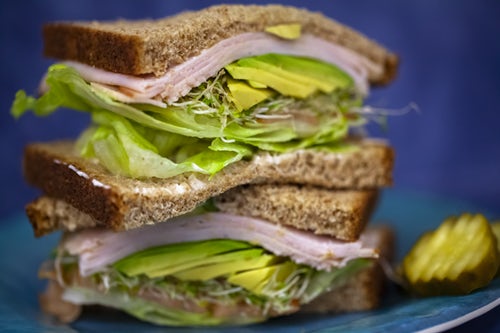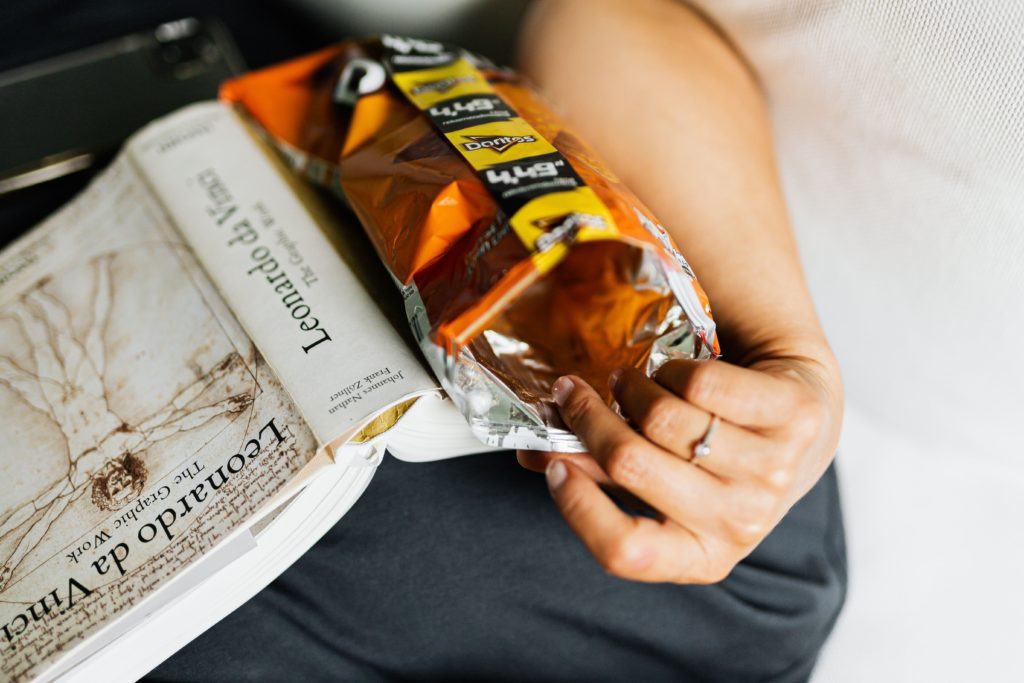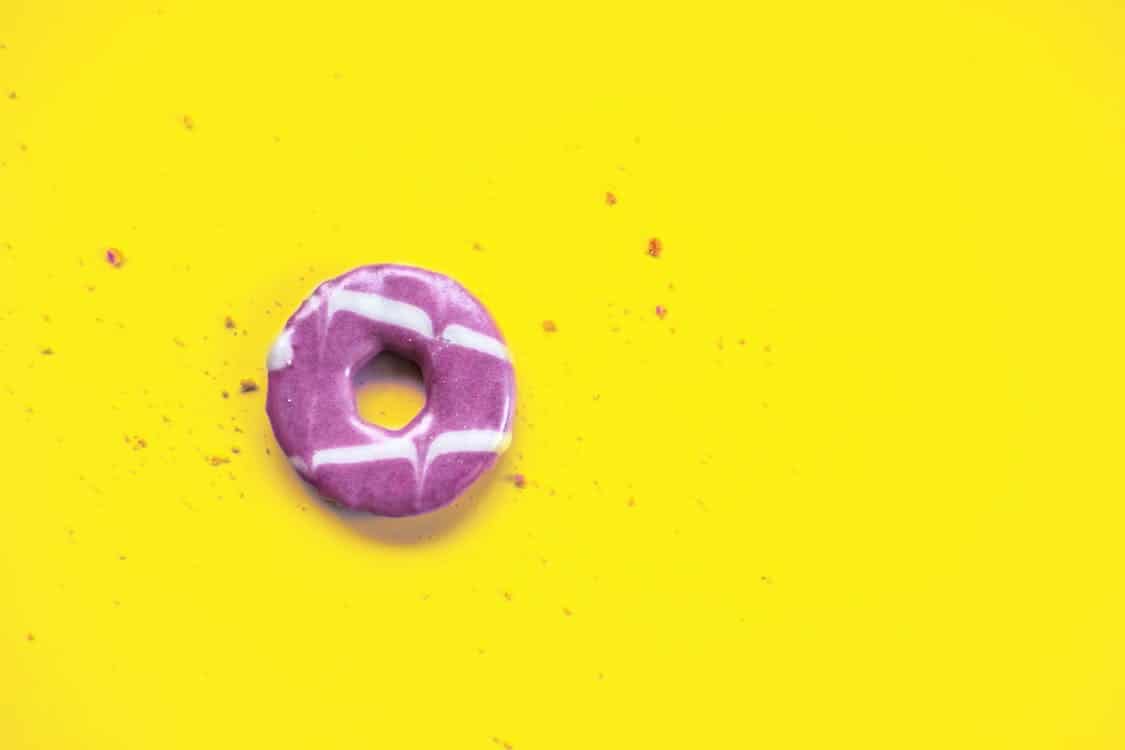A couple of days ago while on a flight back from a quick adventure to New Zealand to celebrate some massive achievements of my partner the conversation turned to the things we had to do when we got home.
One of the things I shared I’d have to do within a few days of being home was to write a blog.
His response was “I’m sure there’s something you can use from this trip”.
He was right.
So right.
There was a plethora of things I could use from that trip for blog inspiration.
Because when I think about it there are an infinite number of things, I do differently now compared to when I lived with anorexia nervosa.
Including but not limited to late night meals and snacks, eating out at cafés and restaurants, not knowing the ingredients in foods, spontaneously snacking, eating at unscheduled times, eating standing up, eating chatting away and without the food getting my full attention, eating on an aeroplane, and eating more than others. I could go on and on and on.
But what he probably didn’t mean and doesn’t know is that of all the things about the trip that I can compare and contrast between life with and without anorexia nervosa, he is the biggest difference.
How he treats me because of who he is and the incredible relationship we have encapsulates well some of the greatest changes in my life since recovering from anorexia nervosa.
Him

He’s amazing.
He treats me amazingly.
Our relationship is amazing.
I haven’t always dated good men.
For many reasons but mostly because I wasn’t capable of accepting this kind of love when I lived with anorexia nervosa.
This is the kind of differences between my life living with anorexia nervosa and my life on the other side of recovered that matter to me. Not whether or not I can eat a sandwich or chocolate or out at cafés.
What everyone who’s been through, living with or is still living with an eating disorder knows in their heart is that all this other stuff, the sandwiches (insert any other arbitrary food here), the cafés (insert any other eating centred situation) are all so insignificant.
They pale beside the feelings that consume you to the core of your being.
No one living with an eating disorder’s highest goal is to eat a sandwich.
Believe me.
The Subtle Art of Sandwich Eating

Eating sandwich is not recovered.
The sandwich eating is only ever going to be a by-product of recovery.
Unless you’ve lived with an illness that doesn’t allow you to eat a sandwich it’s likely you could never truly know all that goes into the behind the scenes of eating a sandwich.
Unless you’ve lived with an illness that doesn’t allow you to eat a sandwich it’s unlikely that you’d have any idea of all that must go right for a sandwich to be eaten.
This is beyond the comprehension of most of us (thank goodness) and had I not lived that experience for 15 years of my life I’d hardly believe it possible myself to be honest.
First, we must have enough self-worth to purchase the ingredients to make the sandwich, to spend the money to buy a readymade sandwich or to accept the ingredients purchased by another or the effort someone else must put into making us a sandwich.
These are just some of the things that ruled me out of eating a sandwich for many, many years… And when I say this, I want to be clear that I ate sandwiches (I am using the word sandwich to represent “food” in general here) when I was sick.
Of course, I ate sandwiches during the years I was sick. I could force myself if it came down to it, but it always felt s*it.
What I mean when I say “I lived that (non-sandwich eating experience) for 15 years” is it ruled me out of the process of making, buying or eating them naturally and easily.
It made the whole thing monumentally complex. Which is honestly a great way of describing what it feels like to live with anorexia nervosa in general.
Monumentally complex.
Everything feels monumentally complex.
What I want to highlight here more than the complexities of eating a sandwich when you’re living with an eating disorder is that the stuff that makes recovery “worth it” are real, meaningful, and significant.
Because f*ck eating a sandwich.
Who cares about a sandwich.
It’s. Not. About. The. Food.

I know you want more than that.
I know you want to experience real, meaningful and powerful things like love, acceptance, spontaneity, to have your sense of humour back, the ability to be present and enjoy, genuine confidence, to make decisions easily, to relax, to know yourself, the freedom to try, to be seen and so on…
When I talk about the real stuff this is the real stuff.
Weirdly these are the things no one tends to mention in recovery.
Perhaps because no one sees the living of the opposite of them as what an eating disorder really is…
Or perhaps because for the most part our treatment system for eating disorders (and other mental illnesses) doesn’t understand how to put aside their own “brilliance” and plenitude of ideas, information, expertise, and advice and instead take the truly powerful role in facilitating their patient to discover and develop their own greatness.
And most likely it is because of a combination of the two plus more.
What Is an Eating Disorder Anyway?…

Something interesting that happens often when I start working with someone wanting to recover from an eating disorder, they don’t even see this stuff (such as the low sense of self-worth, the deep sense of wanting to please others, the perfectionism, being overly empathetic) as what an eating disorder is. They see it as who they are.
It’s not who you are!
No baby was born believing it is unworthy.
It’s all things you’ve learned along the way without knowing you were learning them.
And the cool thing is that this means you can unlearn and relearn new things in the place of it all and I really don’t mean you can unlearn it and reinstall new healthy beliefs and behaviours just through the epiphany that it’s possible. I know as much as the next person who’s had the information, desire and willpower for change and yet still found themselves stuck. Understanding is not the same as capability to do. I mean you can do this by doing the work. For ideas on what “doing the work” means see some of my earlier blogs including “Recovery from Anorexia: Why It’s Not (Just) About Eating More“, “Getting Specific: 3 Examples of Real Life Ways Hypnosis Helped Me Recover from Anorexia“, “5 Things I Did That Actually Made a Difference in My Recovery.“
The eating stuff? Well, that all falls away when you sort your other stuff out.
The Goal Is a Life

If you’re feeling stuck and lost or finding it hard to stay motivated to eat as much as you know you need to or gain weight because what’s the point and it’s not going to change who you are, and you’ll just end up being someone who eats more or lives in a larger body and feels just as crappy (or even crappy) please know this isn’t recovery you’re thinking about.
This isn’t the goal.
The goal isn’t to eat more or reach a larger body size and feel just as crappy (or even more crappy).
The goal is to be free.
The goal is to trust yourself.
The goal is to open your heart and your life to the wonder that this journey of life is.
The goal is allowing yourself a chance at life.
I could write a blog on each of the examples I gave above about the differences in food choices and food behaviour between my life living with an eating disorder and my life on the other side of recovered. I could write extensive novels on each of the examples and how to “challenge them” (and I’m sure books have been written) but I want to make it all so much simpler than that.
Because it is.
Why?

What it comes down to is the why.
Why the fear to eat the sandwich (insert any arbitrary eating disorder behaviour here)?
Why the fear?…
And by “fear” I mean what are you unconsciously trying to achieve behind doing the eating disorder stuff? And I use the word “unconscious” to differentiate between the conscious you who isn’t afraid at all. It’s likely the conscious you has zero cares about eating the sandwich. Which is one of the reasons why people struggle in recovery, beat themselves up that they are failing or believe they are weird or different. The conflict between what we “know” and what we “feel” when you’re living with and in recovery from an eating disorder is intense.
I wish there’d been someone in my life who knew the difference between the conscious and unconscious mind when I first fell sick with anorexia nervosa.
I wish I’d had that help 15 years earlier than I found it.
If you’re on the fence about clinical hypnotherapy (aka a direct and purposeful means of working with your unconscious mind – the part of you where the eating disorder lives) take this as your offer from me to you and get in touch with me.
You might just discover how to do recovery differently this time and who knows maybe you’ll have to pinch yourself a couple of years down the track when you find yourself allowing a kind of love into your life you never imagined possible for you.
With my whole heart I hope you found this information useful and inspiring.

Become Great. Live Great.
Bonnie.



